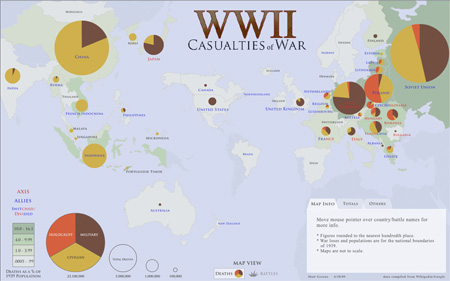



It was during this lull in fighting on the Western Front that he deepened his interest on the developments of the war on the Eastern Front. He was initially shocked when he pried and found out that Germany had been committing about two thirds of its forces against the Soviet Union throughout the war and that most of the German casualties in the war came from the brutal battles fought against the Soviet Red Army. Further information picked up revealed the enormous price the Soviet Union had paid and was still paying in materials and human lives, especially during the early stages of the war.
It soon became evident to him that the much talked about assistance the Soviets received from their American and British allies was overrated and that the Russians and their other fellow Soviet compatriots had managed through most of their own efforts to build a formidable war machine and a military industrial complex that was not only baffling the retreating Germany Army in the East, but that was also intriguing the Allied powers in the West. However, he didn’t have enough reasons to be optimistic about the authenticity of the information he was getting from the newspapers and journals reporting Soviet military advances in the east against the retreating German Army, reports spelling out the recovery of territories they had lost in Belorussia, Ukraine and Moldavia. He learned with misgivings that further Soviet offensives had forced German troops out of Eastern Poland and Eastern Romania, sparking off local uprisings in Poland and Southern Czechoslovakia, as well as coup d’états that brought down the pro-Nazi regimes in Romania and Bulgaria. When he found out that the advance of Soviet troops into Yugoslavia had forced the Germans to withdraw their troops from Albania, Greece and Yugoslavia, he knew the Soviet Union that his patron Joseph Nana Njike had talked to him about with guarded respect had truly arrived at the world stage as a super power or military force to reckon with.
The last month of the year was the time it dawned on him that there would be a race between the Western Powers and the Soviet Union on who would get to Berlin first. Also, he could not dispel a gnawing feeling that the retreating German troops would prefer to capitulate to the western forces than surrender to the Soviets and their new Eastern European allies. That meant one thing only—the war was virtually over for them and he was less likely to die from the impending campaign to overrun Germany and kick the Nazis out of power.
CAMEROON: The Haunted Heart of Africa
by Janvier Tchouteu,




No comments:
Post a Comment